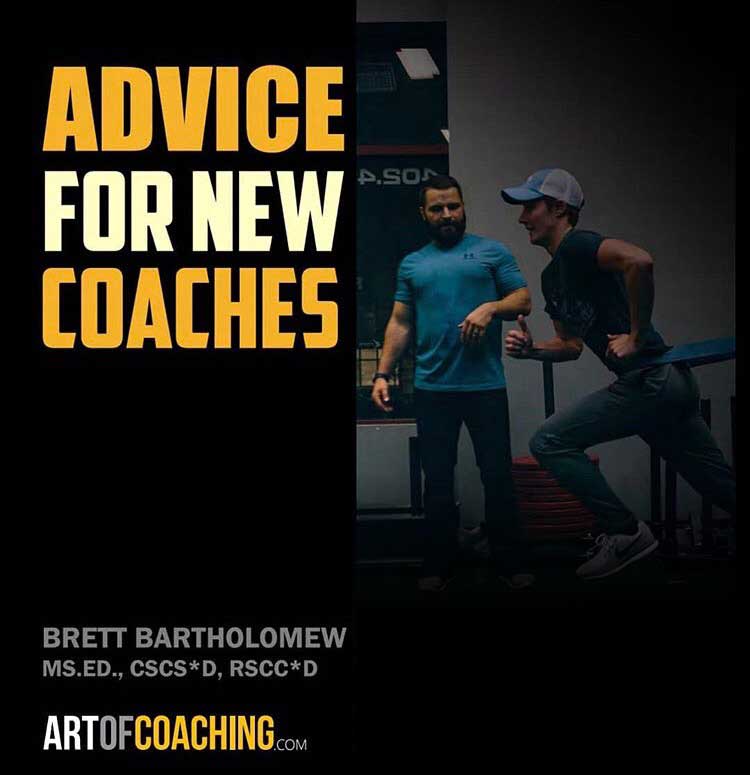“Should I go on the attack or do something that adds value?”
A quick scan through the social media accounts of some coaches, or even listening to various podcasts and in-person conversations lately would lead one to believe that this nonsensical question is a choice that some within the field actually struggle to make. By all accounts, it shouldn’t really be a tough choice. Yet if that’s the case, why do so many coaches act like grumpy old men these days? Factions, disputes and cliques abound; but we are the ones telling our athletes that THEY need to learn how to be better leaders?
Strength coaches, and those in related fields used to constructively debate about things that were meaningful, now people throw fits over terms, phrases or topics they don’t like. All of a sudden nouns have become the equivalent of a modern day Casus Belli! You’d almost think that for as “busy” as everyone is, that there are many who are in actuality, simply just bored and/or insecure.
The day when legacies are determined by zero-sum arguments that are “won” via e-debates instead of through actual differences made in real life is a day when I would no longer want to be a strength coach.
Our field needs to think bigger and act more professional. It has an image problem and one that has more to do with the photographers’ erratic movements and motives than it does the actual filter or lighting of the photo itself. How is what we aim to accomplish as a profession-better yet a craft-made any better if we let those with easily and incessantly bruised egos or pervasive bitterness control the narrative of what it means to be a “true coach?” We need to be careful here, as some who claim benevolence with their words often display nothing but petulance with their actions. Angry coaches should celebrate others who are creating and contributing and quit whining that someone said or did something that you don’t like. If you don’t like what another coach does or how they do it, then do more yourself by getting more involved, teaching others and solving problems constructively instead of flapping your gums or pounding your thumbs.
While you’re at it, make your solution scalable so that EVERYONE can benefit, not just those within a certain or “privileged” cohort. “Too busy in the trenches” you say? I contend that if you’re all about “the grind,” getting the most out of others, and being productive then you should be able to make some more time in your schedule in order to find ways to help more people.
If you don’t want to that is fine, but then do not claim leadership, let alone “good” leadership.
Good leaders are not “good” because they are right. They are good because they are willing to try at the very things that cowards and critics will never attempt.
Proactive problem solving is something parents remind their children of when they come home complaining about a teacher or another kid at school who did something they didn’t like. Complaining takes little to no intelligence or drive. Fellow coaches, researchers, and practitioners of any title should take a note of other professions that, over time, have demonstrated that they aren’t scared of advancing their practices as well as their concomitant approaches. They do it to evolve, and they do it to scale opportunities to make an impact.
It’s a simple premise. In life, there are bulldozers and then there are locomotives. The former charge ahead with little regard for whatever is in it’s way, while the latter moves forward, but wants others to be on board. Good stewards lead by empowering others and sharing while selfishness stalls any real lasting progress.
In closing, if you are someone who claims to be a steward of the field, and wants to leave it better off, then find a way to add lasting and scalable value for all, or stay out of the way. Coaching as a profession is evolving, and trolls, faux gate-keepers and intransigent backseat drivers will be left behind while collaborators who aren’t scared to try, share, explore, experiment, research and learn will advance opportunities for everyone around them regardless of sector, school, sport or job title.
True leaders aren’t worried about choosing doors; they’re focused on finding ways to help others open more of them.



